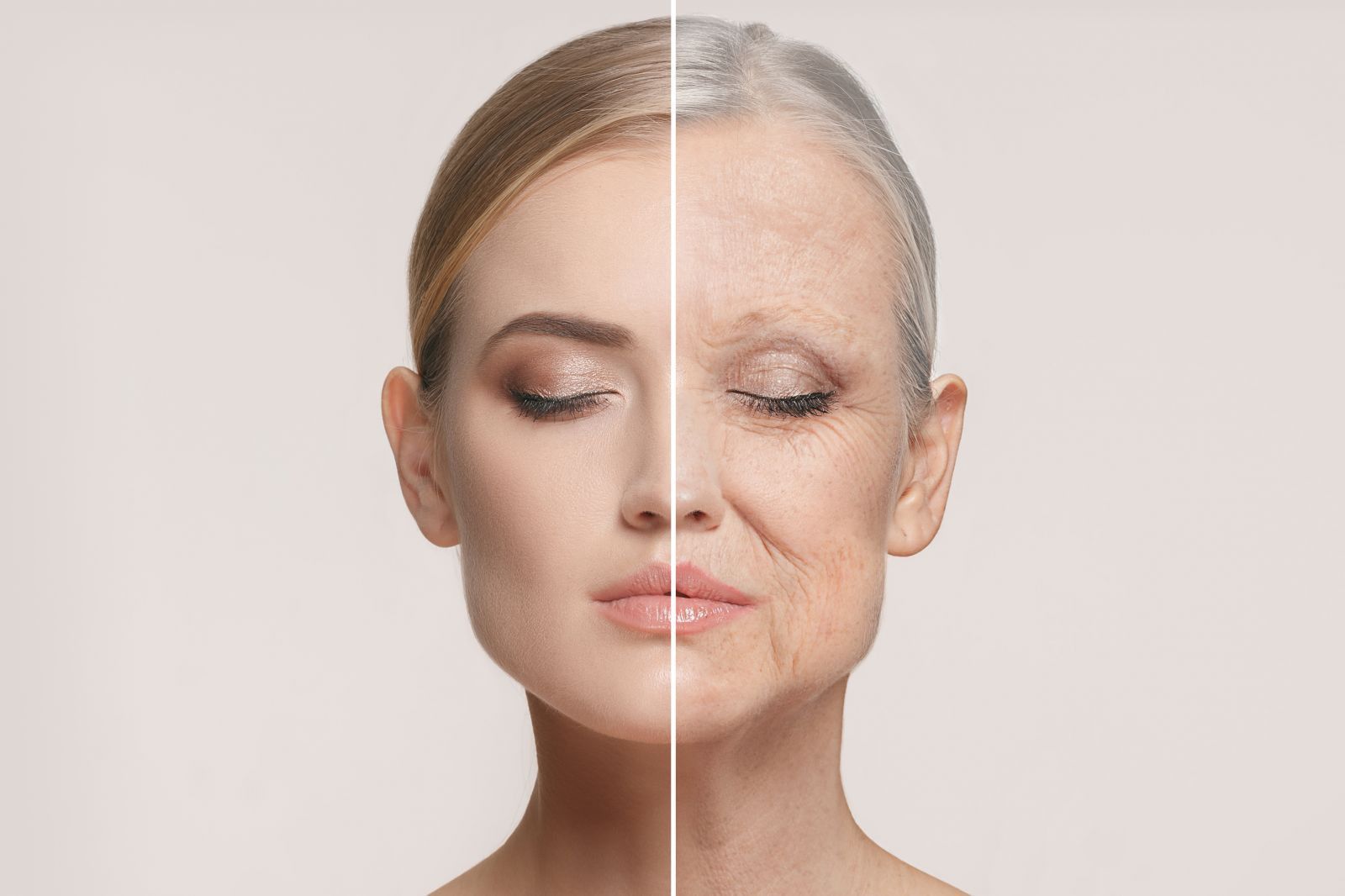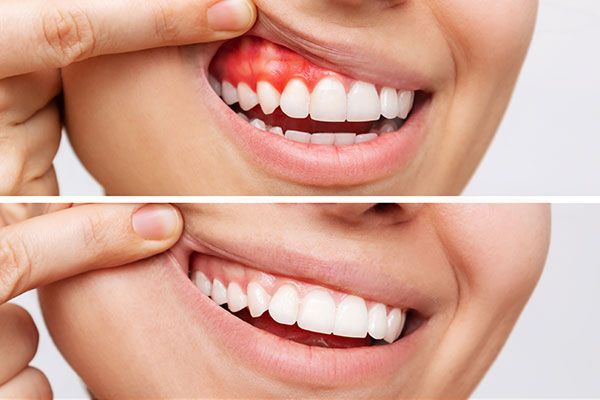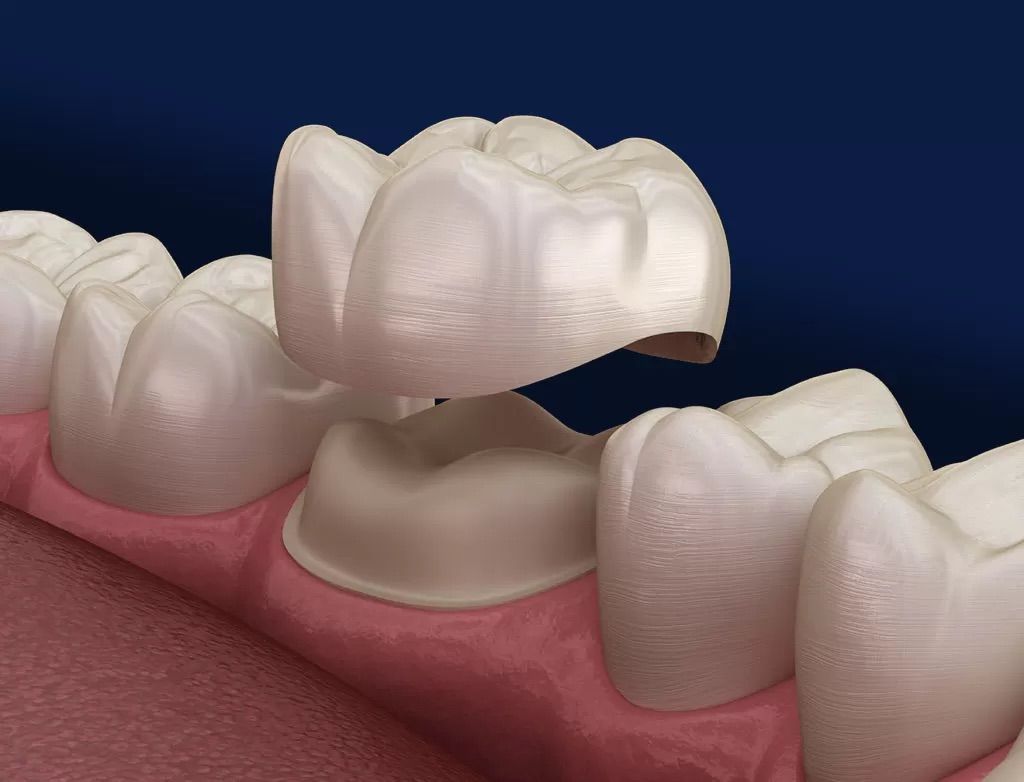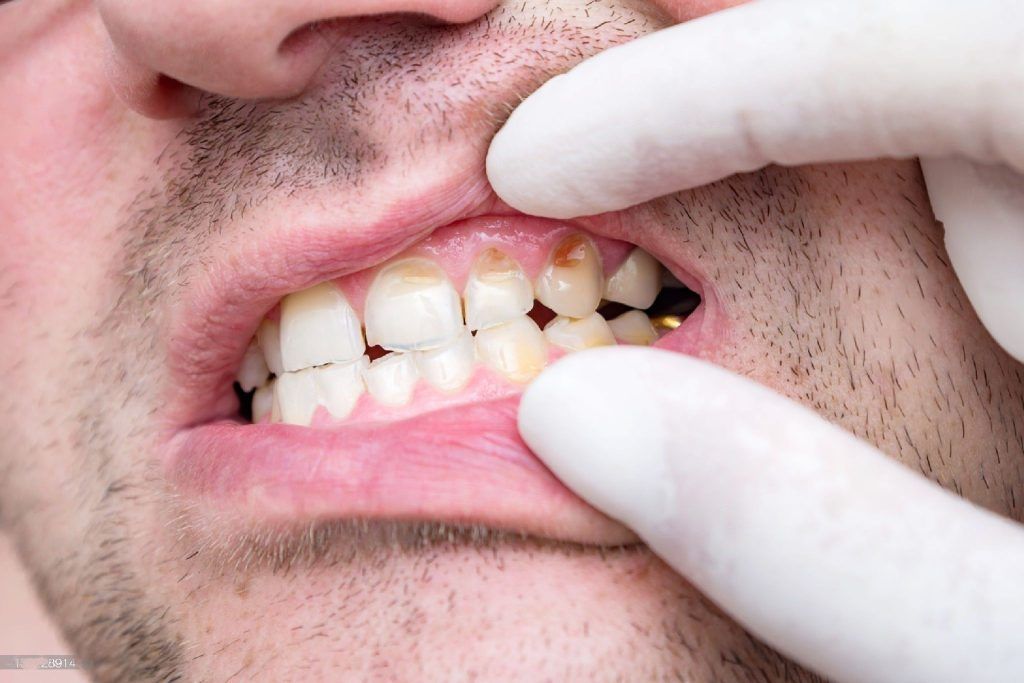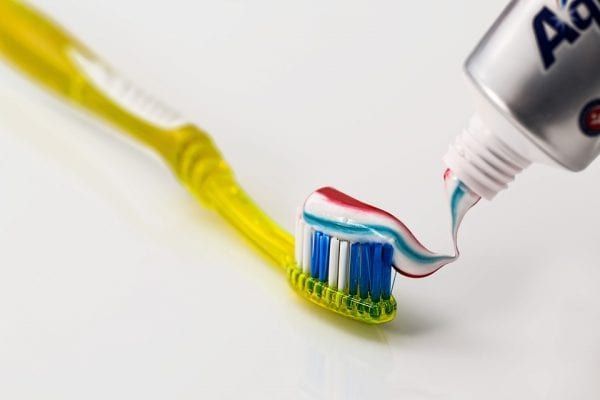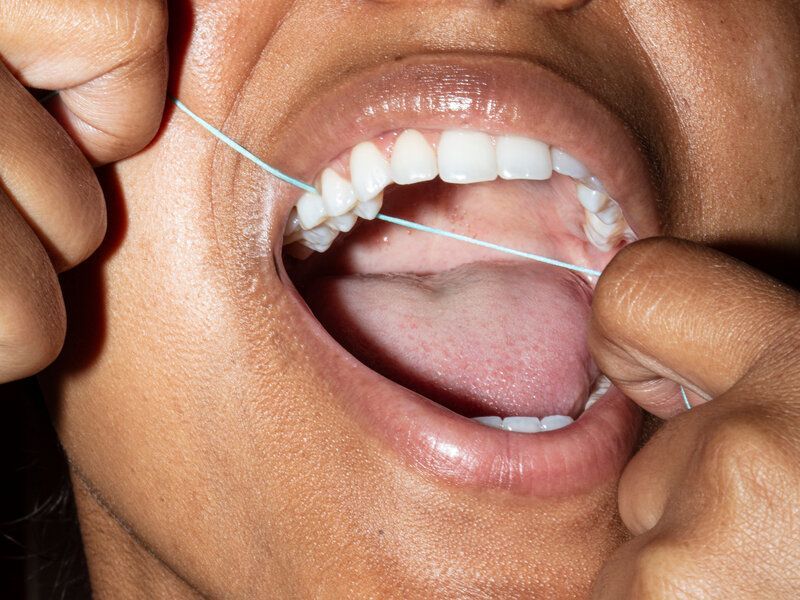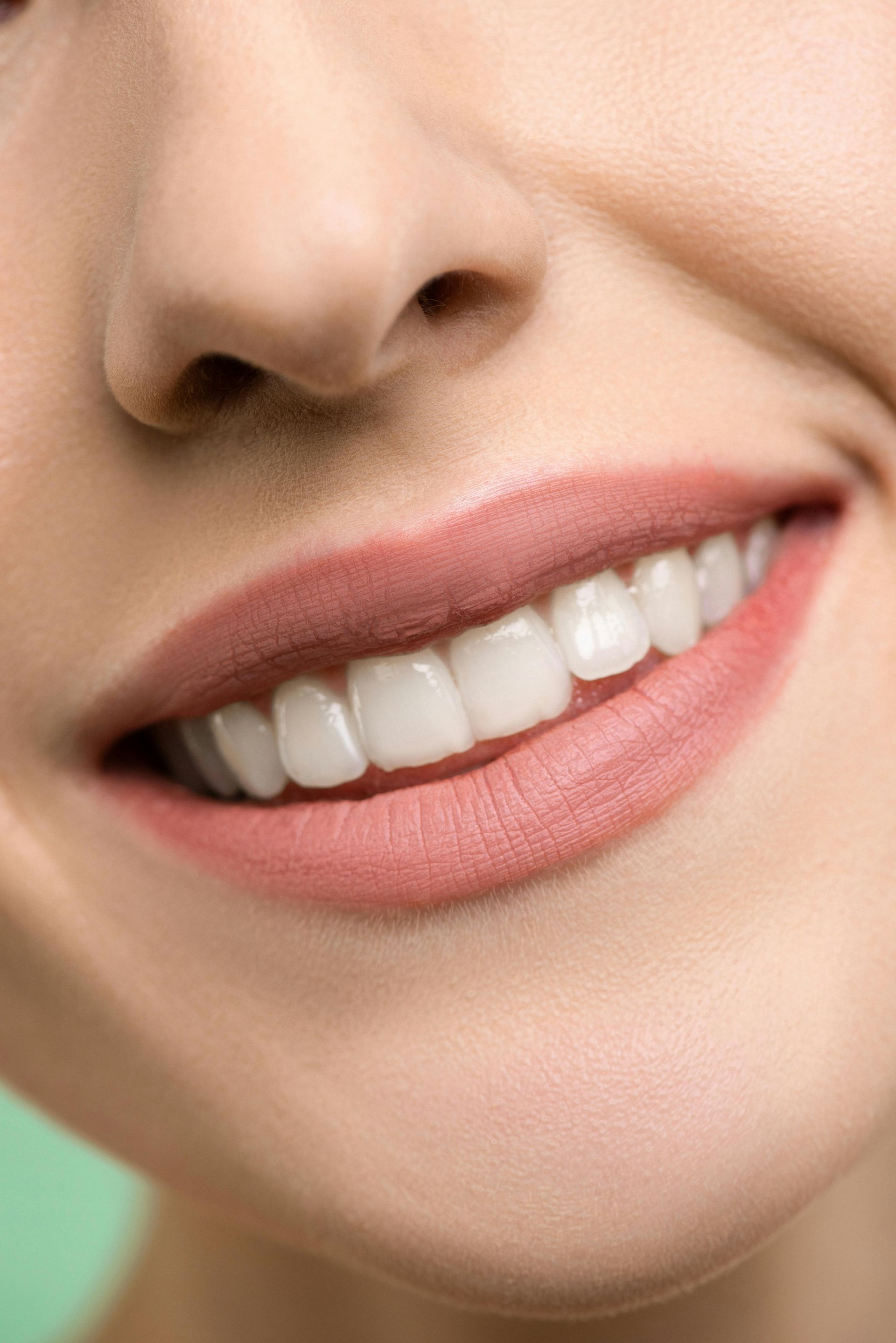What Causes Tooth Sensitivity and How to Treat It
Understand the Causes of Tooth Sensitivity
Best Dentist Near Longmont, CO
Tooth sensitivity is a common dental issue that affects many people, whether they are dealing with sharp pain from hot drinks or discomfort from eating cold foods. If you’ve experienced this discomfort, you're not alone, and there are effective ways to manage and treat it. At Longmont Dental Care, we are dedicated to helping our patients understand the causes of tooth sensitivity and provide comprehensive treatment options tailored to their needs.
What Is Tooth Sensitivity?
Tooth sensitivity occurs when the enamel—the protective outer layer of your teeth—wears down, exposing the underlying layer called dentin. The dentin contains microscopic tubules that connect directly to the nerve of the tooth. When the dentin is exposed to external stimuli such as heat, cold, sweet, or acidic substances, it triggers pain signals, resulting in discomfort.
For patients in Longmont and the surrounding areas, this condition can range from mild to severe, and it’s essential to identify the root cause to prevent further complications. Whether you need preventive care or advanced restorative treatments, the team at Longmont Dental Care is here to help.
Common Causes of Tooth Sensitivity
- Enamel Erosion Over time, factors such as brushing too hard, consuming acidic foods and drinks, and aging can cause enamel to thin. Once the enamel wears down, the dentin is exposed, leading to sensitivity. Maintaining a proper brushing technique and limiting acidic foods is important to prevent enamel erosion.
- Gum Recession Gums naturally recede with age, or due to gum disease. This exposes the tooth roots, which are more sensitive than the crown of the tooth. If you notice your gums pulling back or feel discomfort while brushing, it may be due to gum recession.
- Tooth Decay or Fractures Cavities, cracks, or broken teeth can expose the dentin, leading to sensitivity. Even a small crack or fracture can allow external stimuli to reach the nerves inside the tooth. For some, this could require treatments like root canals in Longmont CO or dental crowns to prevent further damage.
- Recent Dental Treatments While dental procedures like cleanings, whitening, and fillings are common and often necessary, they can temporarily increase sensitivity. Typically, this discomfort subsides after a few days, but persistent sensitivity may require further evaluation.
- Gum Disease Gum disease is a primary contributor to tooth sensitivity. As the gums recede from the teeth due to gingivitis or periodontitis, more of the tooth becomes exposed, leading to increased pain. If gum disease is left untreated, it can progress to more severe issues.
How We Treat Sensitive Teeth
At Longmont Dental Care, we offer a variety of treatments to help alleviate the discomfort of sensitive teeth and restore your oral health:
- Desensitizing Toothpaste Specialized toothpaste designed for sensitive teeth can help reduce pain over time. These formulas contain compounds that block the nerve signals traveling through the exposed dentin.
- Fluoride Treatments Fluoride is essential for strengthening enamel and reducing sensitivity. In-office fluoride treatments can be a quick and effective way to protect your teeth and reduce discomfort.
- Dental Bonding and Sealants Dental bonding can cover exposed root surfaces, sealing off the dentin tubules and reducing sensitivity. For patients with significant enamel loss, this solution can also restore the appearance of the teeth.
- Restorative Procedures If tooth decay, cracks, or fractures are the cause of your sensitivity, restorative treatments may be necessary. These can include:
- Dental fillings to restore damaged areas
- Dental crowns to protect weakened teeth
- Dental implants to replace missing or severely damaged teeth
- Root canal therapy to remove infected pulp and restore the tooth’s structure
- Gum Disease Treatment For patients with gum recession due to gum disease, we offer periodontal care and gum grafting to restore gum health and reduce sensitivity.
Prevention Tips for Tooth Sensitivity
Preventing tooth sensitivity is possible with the right habits and routine care. Here are some tips to help you avoid discomfort:
- Use a soft-bristled toothbrush and brush gently
- Limit acidic foods and drinks like citrus fruits, soda, and wine
- Avoid teeth grinding by wearing a nightguard if necessary
- Keep up with regular dental visits for cleanings and exams
- Maintain a healthy, balanced diet that supports your oral health
Get Relief at Longmont Dental Care
If you are struggling with tooth sensitivity, it’s important to seek professional care. Whether you need dental crowns in Longmont CO, veneers, or a simple fluoride treatment, our team is here to help you find lasting relief.
Call Longmont Dental Care today to schedule an appointment and take the first step toward a pain-free smile.
640 Terry St, Longmont, CO 80501

